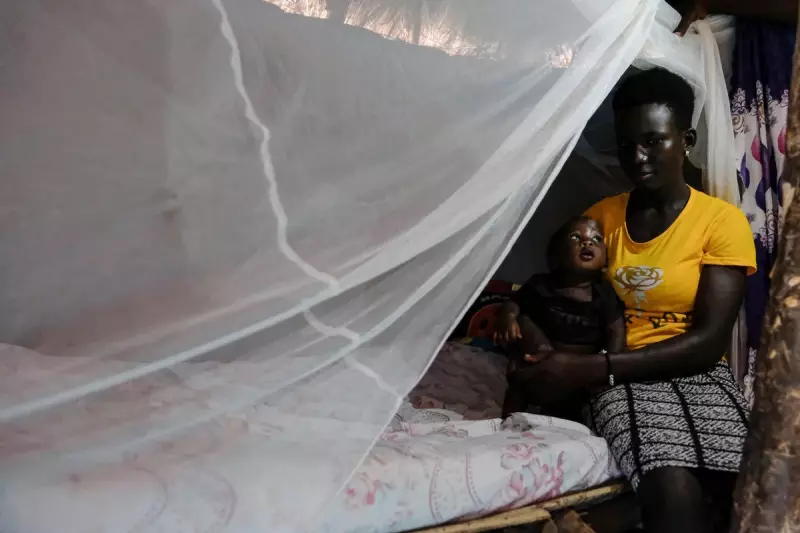
Britain's significant reduction in foreign aid contributions has sparked alarm among global health experts, with new revelations showing the devastating impact on malaria prevention programmes worldwide.
Funding Crisis Threatens Malaria Control
The Global Fund to Fight AIDS, Tuberculosis and Malaria is facing a catastrophic shortfall directly linked to UK aid cuts, potentially disrupting life-saving treatments for millions across vulnerable regions. Health organisations warn this could reverse hard-won progress against one of humanity's oldest killers.
Concrete Consequences of Budget Reductions
Recent analysis reveals the stark reality of diminished British support:
- Bed net distributions facing severe cutbacks in high-risk areas
- Antimalarial drug supplies becoming increasingly unreliable
- Diagnostic testing programmes scaling back operations
- Community health worker initiatives losing crucial funding
Expert Warnings of Resurgent Threat
"We're witnessing the unravelling of two decades of progress in malaria control," stated a senior global health official. "The UK's retreat from its leadership role in global health comes at precisely the wrong moment, when climate change and drug resistance are already complicating elimination efforts."
Broader Implications for Global Health Security
Beyond the immediate human cost, experts emphasise that weakening malaria control programmes creates ideal conditions for new outbreaks and potentially undermines pandemic preparedness systems. The interconnected nature of global health means that setbacks in controlling one infectious disease can have cascading effects across entire health systems.
Health advocates are urging the government to reconsider its position, highlighting that relatively modest investments in malaria prevention yield enormous returns in lives saved and economic stability preserved in developing regions.





